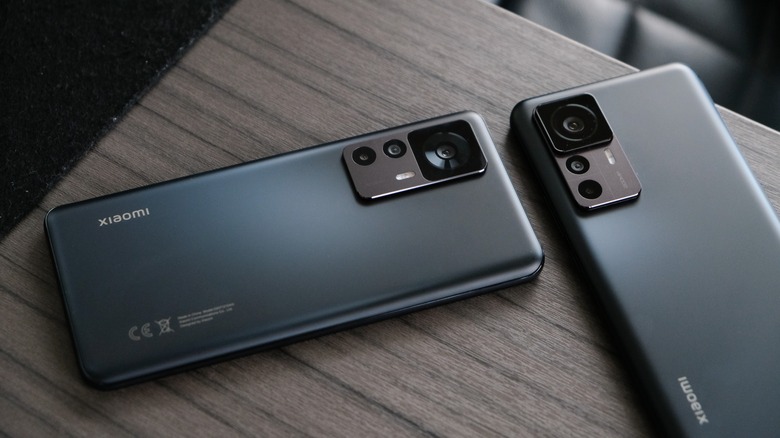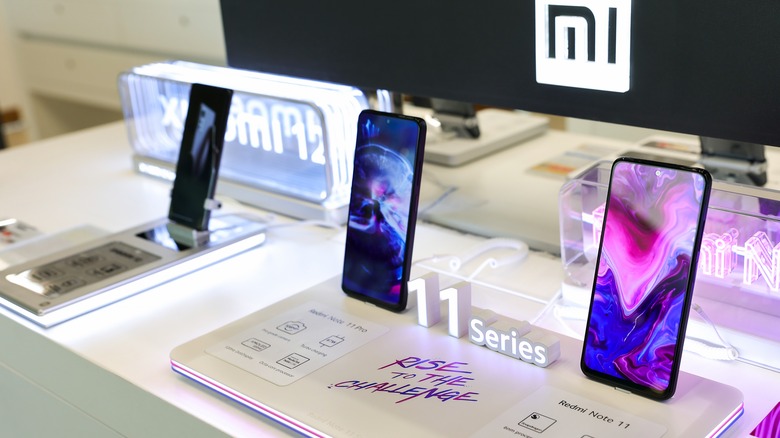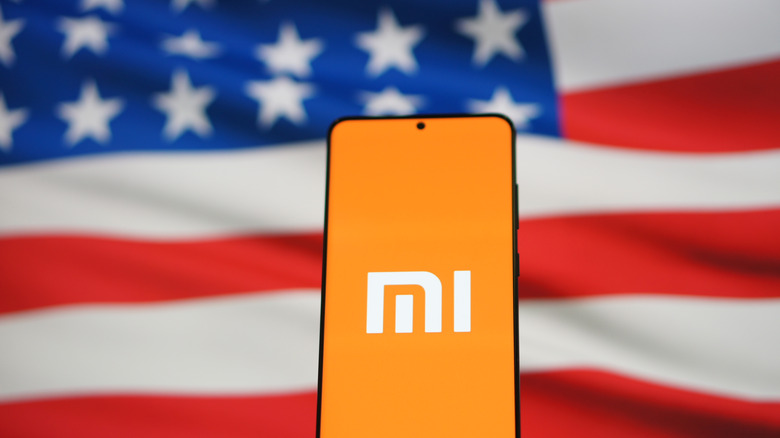Why Xiaomi Phones Are Not Sold In The US
According to Counterpoint, a technology market research and analysis firm in Asia, the smartphone industry took a big hit last year. Overall, shipments were down 12%, while Q4 alone saw a drop of 18%. Subsequently, total revenues declined by 9% to settle at $409 billion, the industry's lowest since 2017.
The interesting thing about statistics is that you can make them say pretty much whatever you want. We all know how fluid rankings can be. Given that, the most recent data shows that after wrestling away the #1 spot from Samsung during the last quarter of 2022, Apple currently reigns as the largest smartphone company in the world. In 2022, Apple's revenue reached $394.3 billion while grabbing 23% of the market. Samsung "stumbled" to second place with nearly $245.7 billion and 19% of the market.
In 2011, only 35% of Americans owned a smartphone. As of April 2021, that number had grown to 85%, with some 97% of Americans at least owning a cellphone, smart or otherwise. And as of June 2021, at least half the world's population had a smartphone, with some sources suggesting global ownership might be as high as 86% today.
These two juggernauts hold a combined market share of 42%. Given the amount of time, effort, and money they put into their respective advertising campaigns, it's easy to understand why many Americans might not even realize there are dozens of smartphone manufacturers worldwide.
Mi phone is not our phone
In what might be another shock, the U.S. doesn't hold the biggest slice of the world's market share either. That honor belongs to China. So it makes sense that the third-biggest smartphone maker in the world is a Chinese company named Xiaomi.
Xiaomi makes everything from electric scooters, watches, and earbuds to set-top boxes, shavers, and vacuum cleaners. Its Android-based smartphones are some of the best values on the market, with exceptional build quality (not to mention cameras) that go toe to toe with the heavyweights. It sells them in over 50 countries, but the United States has never been one of them.
Well, that's not entirely true. On February 1, 2016, US Mobile quite unexpectedly started selling a few different Xiaomi (and Meizu) model phones in the United States. US Mobile was — and probably still is to the vast majority of consumers — a relatively unknown prepaid cell phone carrier that uses T-Mobile's network.
Less than twenty-four hours later, sales were forcibly stopped when T-Mobile announced Xiaomi's phones needed to go through additional "certification procedures." At the same time, Xiaomi stated that US Mobile wasn't even authorized to sell its phones in the first place. Not only that, but they had no plans for "authorized distributors in the U.S." to sell their phones in the future. To paraphrase one soup-controlling vendor, "No phones for you!"
The Chinese Connection
Fast forward to the final days of Trump's presidency, when his administration "blacklisted" Xiaomi by labeling them a "Communist Chinese Military Company." This simultaneously blocked any American investment and further made selling its products in the U.S. even more taboo. Xiaomi filed a lawsuit, and in May 2021, the Biden administration vacated the previous order.
But here we are in 2023, and Xiaomi phones still aren't available — for two reasons that are actually interconnected. The first centers around Xiaomi's business model, which has a 5% limit on profits from hardware sales. This approach has allowed them to charge less for their phones than Apple, Samsung, and many others. Unfortunately, Xiaomi's current business model clashes significantly with a U.S. model that relies heavily on deals with cell carriers like Verizon, AT&T, and T-Mobile.
One time Xiaomi Vice President Hugo Bara told Android Central, "Brands need a carrier partnership to make inroads in the U.S., and Xiaomi isn't willing to do that." Today, Xiaomi still isn't. Xiaomi would have to invest considerable time, resources, and money to not only restructure their business model but then try to break into a U.S. market in a day and age where Chinese-owned companies (see TikTok) are being heavily frowned upon.
Last year, Xiaomi went on record confirming that "while the U.S. is a very important market, we do not currently have any specific smartphone timelines to share." Since then, tensions with China have only grown as the war in Ukraine rages on and fears grow that they might begin supplying aid to Russia. All of which makes the chances of Americans ever seeing Xiaomi phones very slim indeed.


